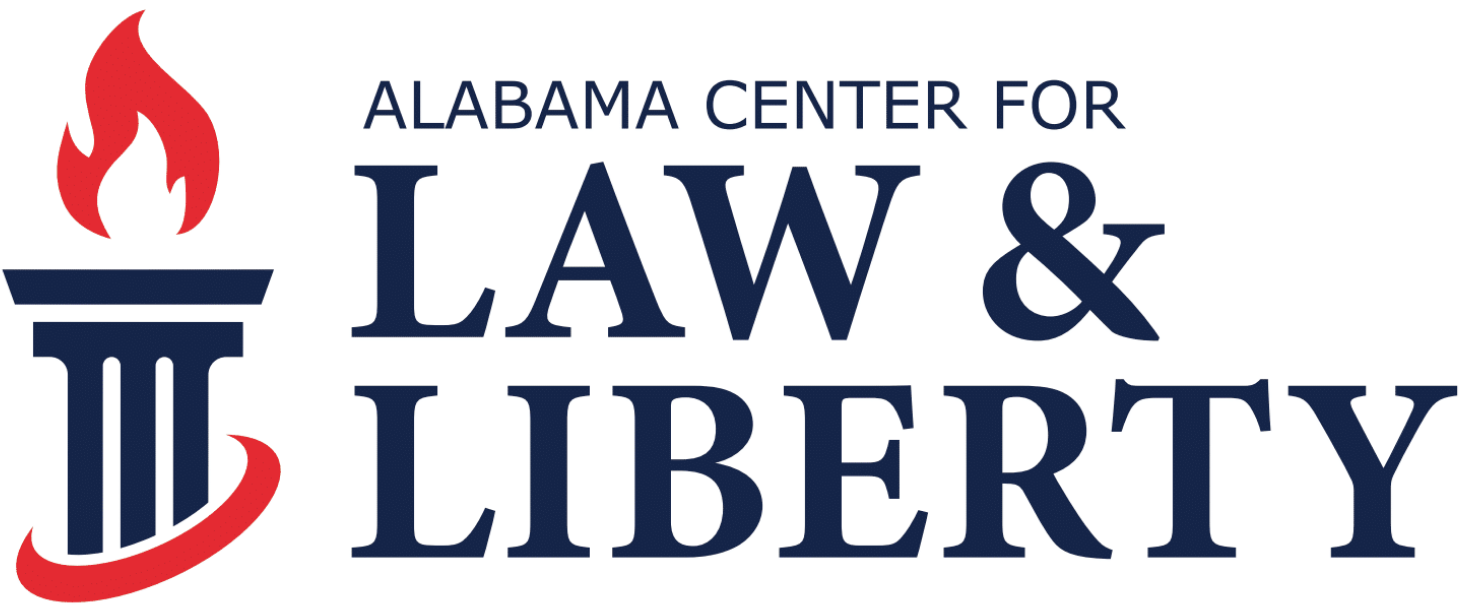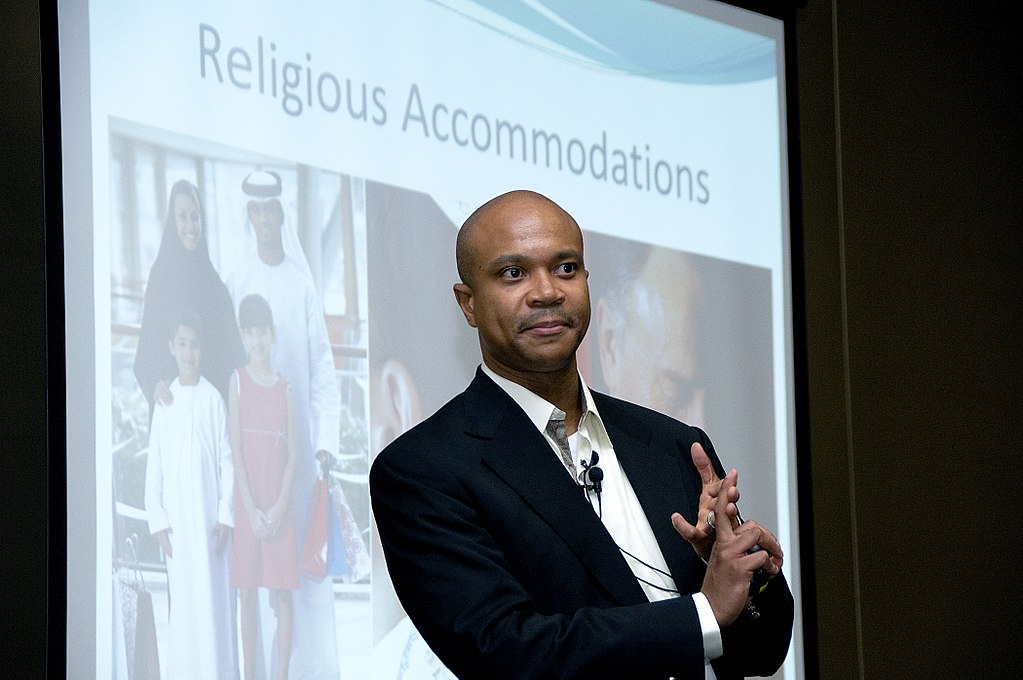Groff
v.
Dejoy
ACLL Role:
Case Start Date:
Deciding Court:
Original Court:
Practice Area(s):
Amicus
May 1, 2019
U.S. Supreme Court
U.S. District Court for Eastern District of Pennsylvania
Limited Government, Free Markets
CASE SNAPSHOT
In Pennsylvania, a Christian named Gerald Groff, who worked for USPS, was fired for refusing to work on Sunday, which he believed to be a required Sabbath rest. The lower courts held that his employer did not violate Title VII’s command to offer a reasonable accommodation to employees because doing so would impose more than a de minimis cost to USPS. Groff asked the U.S. Supreme Court to take the case, arguing that the Supreme Court’s governing precedent, Trans World Airlines v. Hardison, does not do justice to the statute and should be overruled. ACLL filed an amicus brief focusing on the issue of stare decisis, arguing that the stare decisis factors weigh in favor of revisiting Hardison instead of keeping it.
STATUS
ACLL filed a friend-of-the-court brief at the Supreme Court on August 25, 2022.
FOR THE MEDIA
CASE SUMMARY
Background
Like millions of Americans, Gerald Groff is religious. His religion requires him to seek the welfare of his neighbors, do them no harm, and honor God in his day-to-day life. And like millions of Americans, his religious beliefs sometimes clash with what man requires. In this case, he believed that God required him to take Sunday off as his Sabbath day. Thus, when the Postal Service began requiring him to work on Sundays, he requested an accommodation by working other days instead of Sundays. The Postal Service denied his request, and he eventually lost his job because of it.
Title VII of the Civil Rights Act of 1964 requires employers to not discriminate against religious employees. In 1972, Congress clarified that this meant employers must grant religious accommodation requests unless doing so would impose an undue hardship on the employer. Thus, Groff sued USPS for his termination, arguing that USPS violated Title VII. The lower courts ruled against him, and he asked the U.S. Supreme Court to take his case.
The Supreme Court Guts Religious-Freedom Protection
You may ask, “If Title VII requires employers to accommodate employees unless it imposes an undue hardship on the employer, then why was it so easy to fire Groff?” The answer comes back to a 1977 case: Trans World Airlines v. Hardison.
In that case, the petitioner, like Groff, simply wanted a certain Sabbath day off and proposed swapping shifts with other employees in order to make that happen. But the Supreme Court, without any kind of rigorous statutory analysis, simply concluded that requiring his employer “to bear more than a de minimis cost in order to give Hardison Saturdays off is an undue hardship.” Since 1977, the de minimis standard has been governing precedent.
This is why it is so easy to fire employees over religious objections. You don’t need to be a lawyer to see that the de minimis standard does not do justice to what the statute requires.
Asking the Supreme Court to Reconsider Hardison
Fortunately, Groff asked the Supreme Court to reconsider and overrule Hardison. Justices Thomas, Alito, and Gorsuch have argued in recent years that Hardison does not appear to do justice to the statute and should be reconsidered, but the cases that have come before the Court have not presented a good vehicle to reconsider it. In this case, however, Groff presents the opportunity to take Hardison head on.
The biggest problem, in ACLL’s view, is not whether Hardison was correctly decided but whether the doctrine of stare decisis requires keeping Hardison. Stare decisis is Latin for “let the decision stand.” It means that although sometimes a precedent may have some problems, it may be better to have a question settled than to have it completely accurate. Under the Court’s jurisprudence, there are about 5 factors that the Court uses to evaluate whether stare decisis requires keeping a case.
ACLL’s brief took these factors head-on, arguing that they weigh in favor of overruling Hardison. If the Court listens, then it will be a major win for religious freedom in America. A win in Groff will make it harder to fire employees with religious objections to the COVID vaccine, to the LGBT agenda, and other hot-button issues in the American workplace. It should also guarantee that religious Americans have the opportunity to worship on Sundays or whatever day of worship their religion requires if another employee can work the shift instead.
Importance to Limited Government and Free Markets
While ACLL is in favor of free markets, it also believes that in matters of religion, nobody, including one’s employer, may force a person to violate his religious beliefs. Because religious liberty is an unalienable right, nobody may force a person to violate their duties to God. While there are exceptions (such as a religious institution having the authority to ensure that their employees’ religion aligns with its own), the general rule is that companies should try to work out accommodations for employees’ religious practices.
Consequently, this is one of the limited areas where we want the government to protect the individual’s rights in the workplace. Title VII’s statutory text does justice to what religious liberty requires, ensuring that individuals can have reasonable accommodations but excusing the employer if granting the accommodation would really place a substantial hardship on it. By protecting religious liberty in the workplace, Title VII ensures that the market really is free for Christians and other people of faith to make a living while ensuring that their religious values are kept intact.
Alabama Center for Law & Liberty 2213 Morris Ave, Floor 1 Birmingham, AL 35203 256-530-0519
The Alabama Center for Law and Liberty is Christian non-profit law firm.
©Alabama Center for Law & Liberty. All rights reserved.

